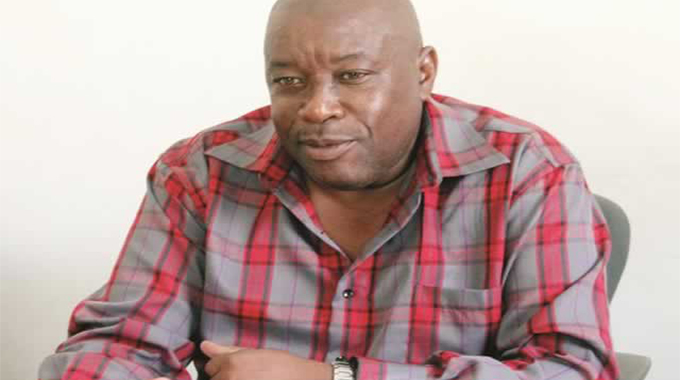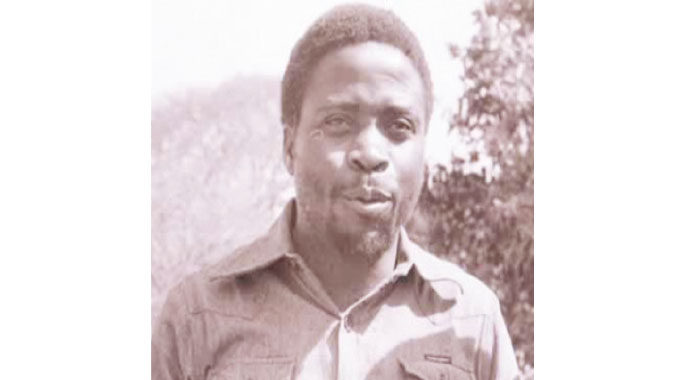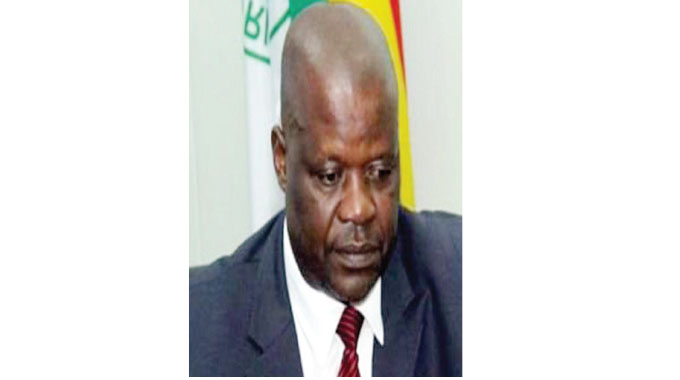Maphepha helped Zifa crack Asiagate

Ricky Zililo, Senior Sports Reporter
TESTIMONY by the late former Highlanders’ chairman Ernest “Maphepha” Sibanda helped the Zifa investigations committee to crack the Asiagate match fixing scandal a decade ago.
At least 80 players participated in match-fixing games that were played in Asia.
After investigations by the Zifa committee headed by former Zifa vice-president Ndumiso Gumede in 2012, some players and officials were slapped with lengthy bans for their involvement in the scandal.
Sibanda, who was the Warriors’ team manager during the Asia trips, was one of two officials that volunteered information, resulting in them being cleared.
“He (Sibanda) and one other official gave a statement detailing how they were notified of fixed games and instructions on what the scoreline against the Zimbabwe team should be, for which they were handsomely paid,” said Gumede.
“We made a commitment at the start of the investigation that anybody who would volunteer information would not suffer the same fate as those who were reluctant to do so.”
Former Zifa board members comprising vice-president Kenny Marange, Methembe Ndlovu and Solomon Mugavazi were suspended to facilitate investigations into their role in the trips to Asia.
In a written submission and an interview with the probe committee, Sibanda revealed that he went to Malaysia for a Merdeka Tournament which ran from August 19-30 in 2007.
He revealed how they met Raj Perumal on arrival in Malaysia with Godfrey Japajapa as head of delegation.
Sibanda testified that four other people and Perumal met them at the airport and booked on the same floor at the hotel the Zimbabwean delegation was booked into.
The match fixing kingpin, Perumal, then met players in their rooms and gave the Zimbabwean delegation allowances. Former Zifa president Wellington Nyatanga received US$10 000 on behalf of the association.
“As it was an Independence Tournament, we did not take it seriously, but we were worried as Rajah was now talking a lot to the players. For the first game, players were given instructions by Rajah and for that each player was paid US$1 000. At half-time, officials got US$1 500 each. As we proceeded, that was the norm and, as we finished, players got approximately between US$5 000 and US$6 000 each and officials got US$7 000 and US$8 000 each,” testified Sibanda.
“After the tournament, we then went to Yemen. On this one, we were only paid camping allowances as per the Zifa constitution. On this trip we were with the (Zifa) CEO as head of delegation. After this trip, I was fired and all that happened then, I was not part of it.
“I was not worried about anything because of our set up at that moment. Everything looked good. During our first match, we were paid our money at half-time when we were actually losing 0-2. We were told to concede another two goals in the second half. We were, by then, US$1 000 each richer.
“After the game, we were paid US$1 000 each, to the players, and US$1 400 to the technical team each. This was irresistible due to the financial meltdown in Zimbabwe by then. Mr Wellington Nyatanga, the then Zifa president, came to visit us just for the opening game and pocketed US$10 000 or so, I was made to understand. He spent only one night and his room was then taken by head coach Sunday Chidzambwa.
“Players were paid approximately between US$3 000 and US$4 000 each and officials US$7 000 each. I was really shocked by these big monies, especially that we were paid some good monies at half-time, when we were losing and then also for failing to qualify for the quarter-finals. As we were playing I could sense there was something fishy with our approach in the games,” read Sibanda’s testimony.
Gumede said without such detailed testimony, Zifa would never have cracked the biggest match fixing scandal involving Zimbabwe. – @ZililoR










Comments